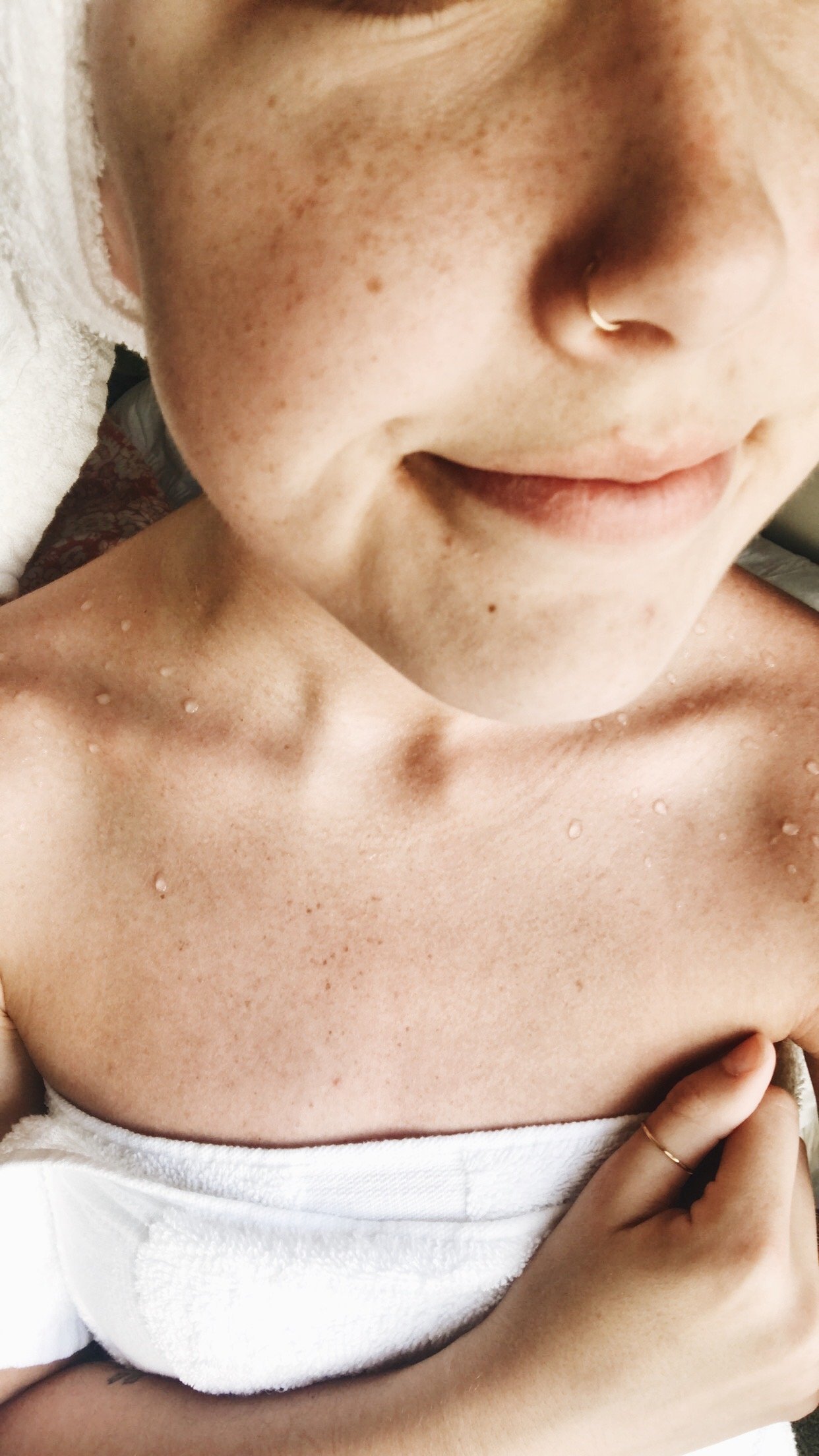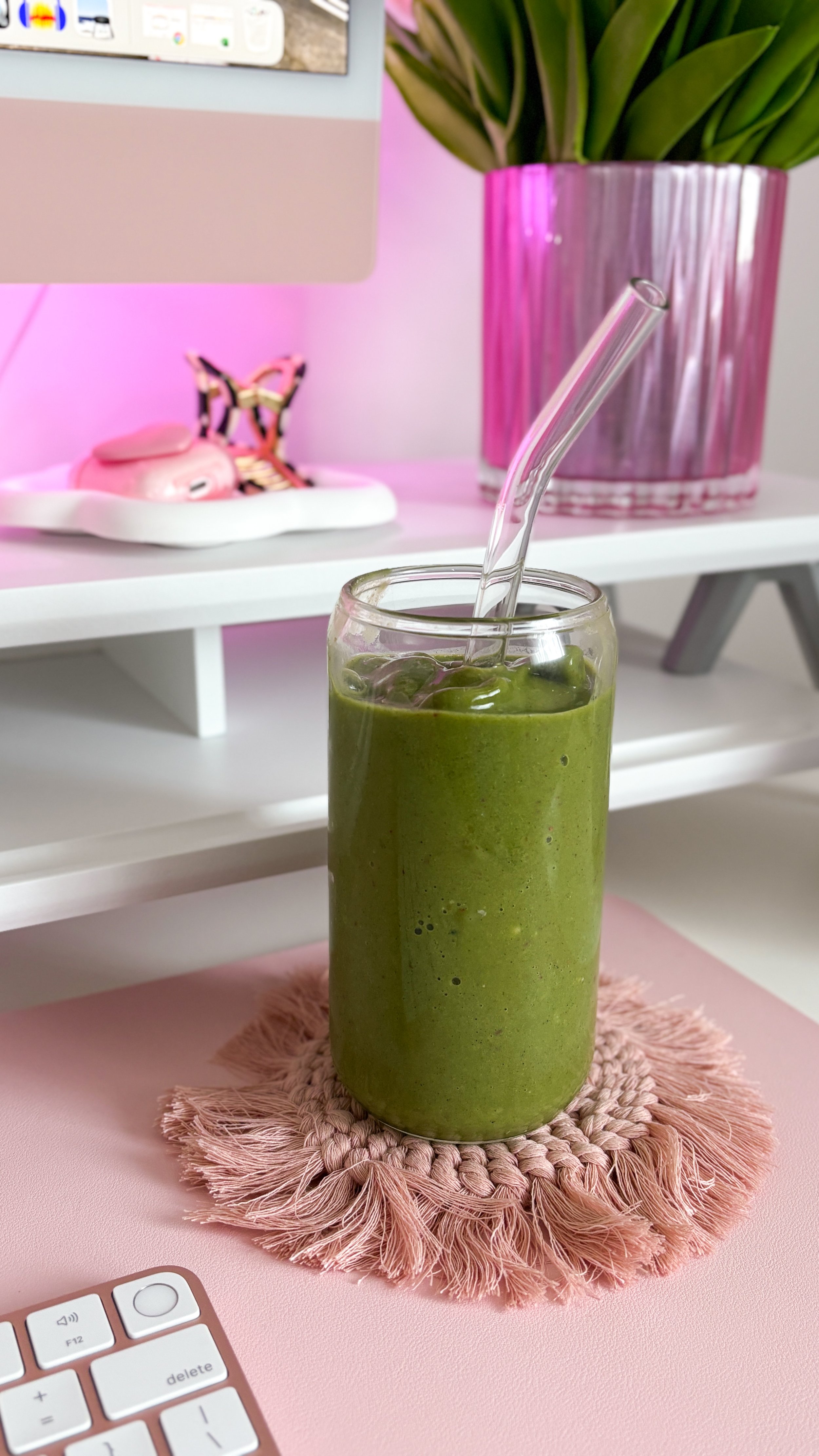Hot Girls Don't Gatekeep: 5 Most Common Acne Triggers
Image via Dupe Photos
Are you dealing with stubborn acne that just won't seem to go away?
While there are many treatments and medications out there, it's important to understand the root cause of your acne in order to truly get rid of it once and for all.
Acne can be caused by a variety of different factors, ranging from hormones, genetics, and even lifestyle choices.
To help you get on the path to clearer skin, here are the top 5 acne triggers you should look out for:
Image via Dupe Photos
1) Dirty Pillowcases
Dirty pillowcases can be a major contributor to acne breakouts, as the oils and bacteria from your skin transfer onto your pillowcase each night. Over time, these oils and bacteria can accumulate, leading to clogged pores and breakouts.
One of the most effective ways to prevent this is by frequently changing your pillowcases, at least once a week, or even more frequently if you're prone to breakouts.
In addition, to this it's also important to consider the type of material of the pillowcases, avoid materials like satin or silk as they can cause friction while you sleep which can be harsher on the skin.
Using natural and breathable fabrics like cotton pillowcases can help prevent your skin from developing acne.
It's also helpful to wash pillowcases regularly in hot water to kill bacteria and germs. It's also recommend to change your pillowcases more frequently if you have oily skin as the oil on the pillowcase can exacerbate the oil production in your skin.
Taking care of your pillowcases is an easy and simple step that can help reduce the risk of acne.
2) Bad Products
Using the wrong skincare products can contribute to the development of acne. Many products, particularly those that are heavily fragranced or contain pore-clogging ingredients, can cause irritation and inflammation, leading to breakouts.
It's important to read labels and avoid products that contain ingredients such as mineral oil, lanolin, and petrolatum, which are known to clog pores.
Also, products with salicylic acid, benzoyl peroxide, and alpha hydroxy acids are known to help acne prone skin.
Look for products that are labeled as non-comedogenic, which means that they are less likely to clog your pores. Also, if you're unsure about a product, be sure to patch test it before using it all over your face.
Additionally, it's also important to pay attention to how much product you're using, using too much product can be as bad as using the wrong product.
It's always better to use small amounts of product and build up gradually rather than using large amount of products all at once.
Also, overuse of certain products such as exfoliating scrubs or toners can cause irritation and inflammation which can lead to breakouts. It's always important to be gentle with your skin and avoid over exfoliation.
Lastly, it's important to note that not all products work for everyone, and it's good to experiment and find products that work for you.
Image via Dupe Photos
3) Sleep Problems
Getting enough sleep and maintaining good sleep quality is essential for overall health and wellness, including the health of your skin. Lack of sleep or poor sleep can cause a hormonal imbalance, which can trigger acne.
According to studies, poor sleep quality is linked to an increase in the stress hormone cortisol, which can cause an increase in oil production and inflammation, leading to breakouts.
In addition, sleep deprivation can cause the skin to age faster, leading to wrinkles, fine lines and other signs of aging.
To prevent acne caused by sleep problems, it's important to aim for 7-9 hours of good quality sleep every night and try to maintain a consistent sleep schedule. Also it's important to consider your bedtime routine, it's important to avoid activities that could disrupt sleep such as watching television, using phone or browsing internet, These activities can activate your brain and make it harder to fall asleep. Instead, try reading a book, listening to calming music or taking a warm bath before going to bed.
Creating a comfortable sleep environment can also help to improve sleep quality. Keeping the room dark, cool, and quiet can help to promote relaxation and improve sleep. Also, using a comfortable mattress, pillows, and sheets can make a big difference in your sleep quality.
If you're still having trouble sleeping despite making changes to your bedtime routine, it's a good idea to see a sleep specialist or a physician to rule out any underlying sleep disorders or medical conditions that may be affecting your sleep.
4) Stress
Stress is a common trigger for acne as it can cause an increase in the hormone cortisol which in turn can lead to an increase in oil production and acne. Stress can be caused by a variety of factors such as work, school, relationships, or personal issues. When we are stressed our body releases cortisol, which can cause inflammation and exacerbate acne.
One of the best ways to prevent stress-induced acne is by finding effective ways to manage stress.
Exercise is one of the most effective ways to reduce stress, as it releases endorphins, the body's natural mood-boosters. Practicing yoga, meditation, or mindfulness can also be helpful in reducing stress and promoting relaxation.
It's also important to schedule time for yourself, such as doing activities you enjoy, talking to a therapist, or spending time with friends and family can help reduce stress and improve your overall well-being.
Another helpful tip is to create a to-do list, it can help you to prioritize your tasks and make you feel more in control. It can also help to break down larger tasks into smaller, more manageable chunks to reduce feelings of overwhelm.
It's also important to acknowledge that stress is a normal part of life, and there will be times when you can't avoid it. Learning to manage and cope with stress in a healthy way is key in preventing stress-induced acne.
Image via Dupe Photos
5) Not cleansing properly:
Not cleansing your skin properly or not cleansing at all can cause a buildup of dirt, oil, and makeup, leading to clogged pores and acne. Cleansing is an essential step in any skincare routine, as it removes dirt, oil, and impurities that can contribute to acne.
It's important to cleanse your skin twice a day, once in the morning and once at night, using a gentle cleanser that's suitable for your skin type.
If you have oily skin, opt for a cleanser that contains salicylic acid or benzoyl peroxide to help reduce oil production. If you have dry or sensitive skin, use a gentle, fragrance-free cleanser that won't strip your skin of its natural oils.
It's also important to be gentle while cleansing your skin, avoid using hot water as it can dry out your skin and cause irritation.
Use lukewarm water and gently massage the cleanser into your skin using your fingers in circular motions, avoid using a washcloth or sponge as they can be abrasive and cause irritation.
In addition to using the right cleanser, it's also important to remove makeup before cleansing your skin. Leaving makeup on overnight can clog pores and cause breakouts. A makeup remover or cleansing oil can be used to effectively remove makeup before cleansing.
It's also important to note that over-cleansing your skin can also be problematic. It can lead to dryness, flaking, and irritation, which can exacerbate acne.
Cleansing your skin twice a day is usually sufficient for most people, but it's always good to pay attention to your skin and see how it responds to different products and frequencies.
Proper cleansing is an important step in maintaining healthy skin and preventing acne. It is essential to stick to a regular skincare routine that works best for your skin and make it a part of your daily routine.
Preventing acne isn't always easy, but by identifying and avoiding common triggers, you can help keep your skin clear. If you're struggling with persistent or severe acne, it's a good idea to see a dermatologist for personalized advice and treatment.
Overall, these are top five triggers, however the triggers of acne could be varied from person to person, it's always good to pay attention to your skin and try to keep a skin care routine which is best suitable for you.
READ MORE LIKE THIS:








The aesthetic that is all about healthy choices and the beautiful earth